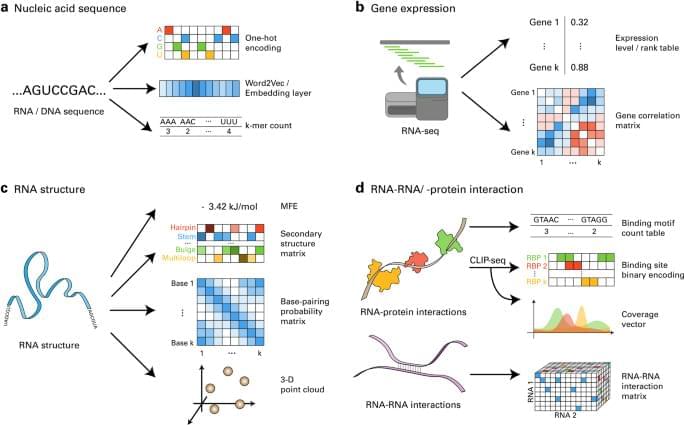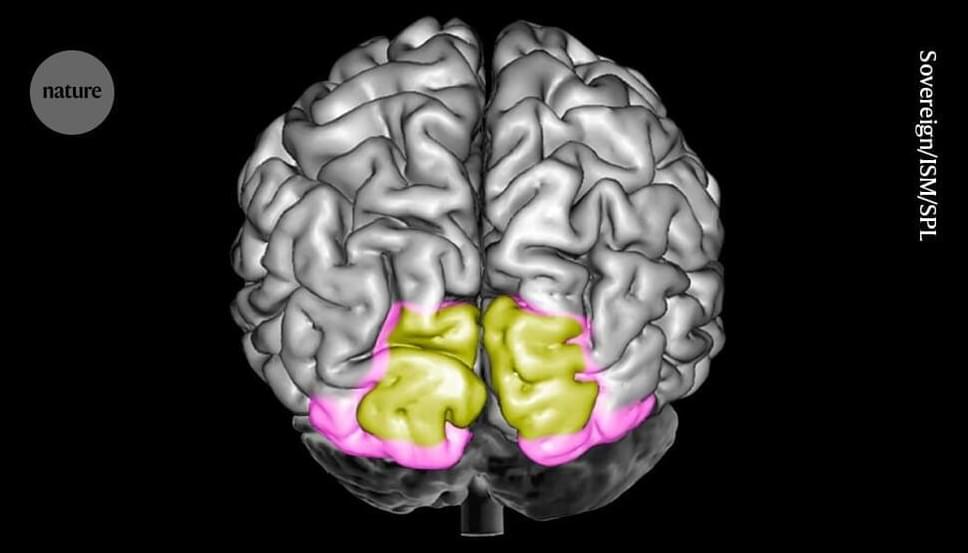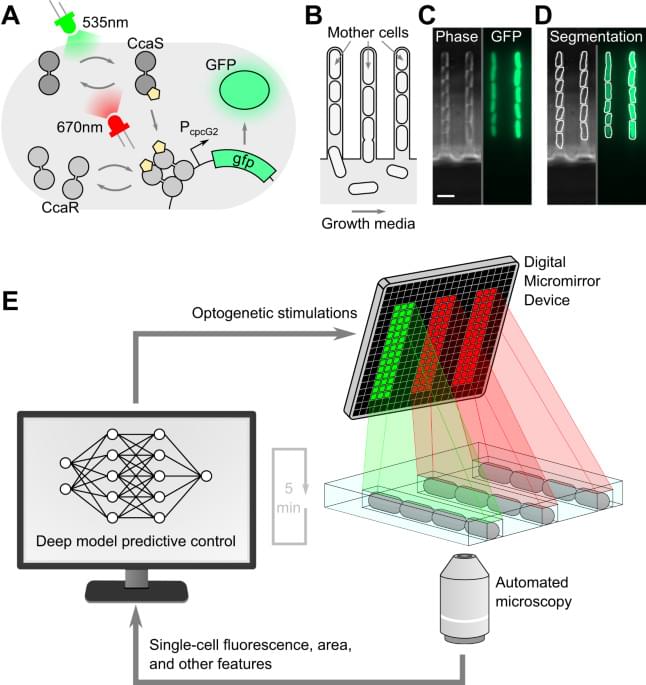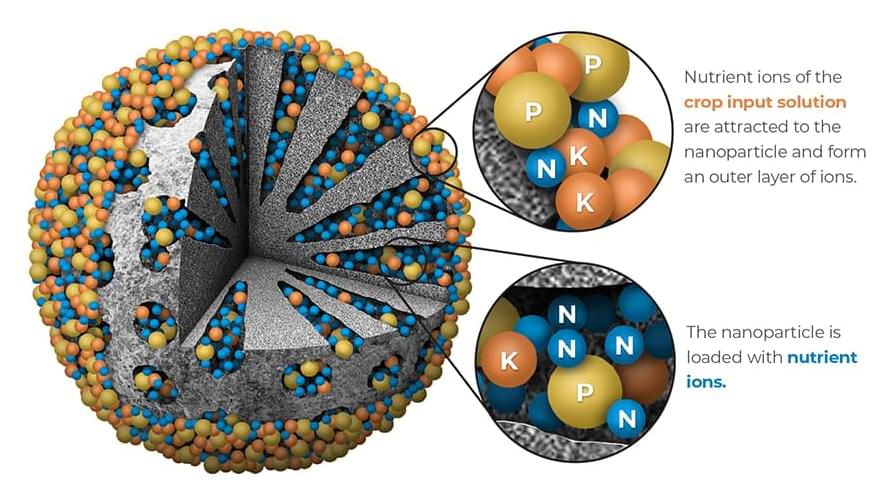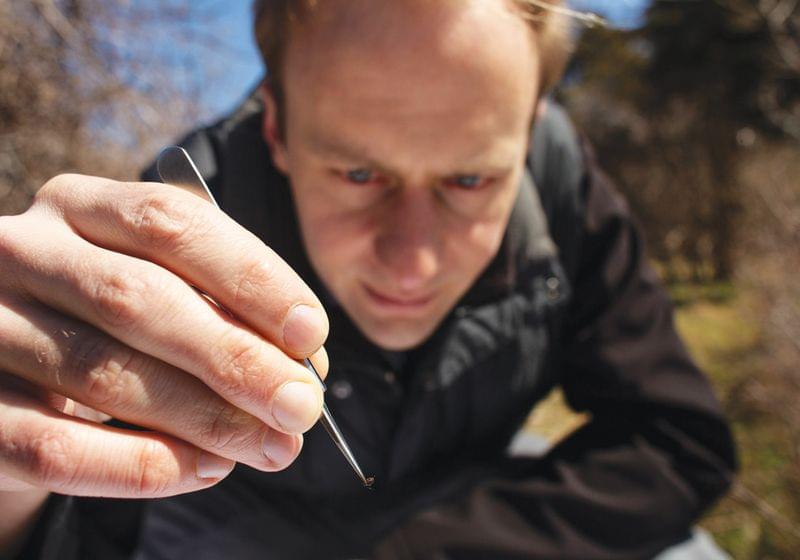Scientists can’t address the origins of life without having a basic understanding of evolution.
You’d think that would make the origins of life a popular research topic for evolutionary biologists. But Maria Kalambokidis, Ph.D. candidate in Ecology, Evolution and Behavior, and recent recipient of the NASA Future Investigators Fellowship, may be one of only a handful across the globe investigating the topic. She thinks it might be because the origins of life, also called abiogenesis, has mostly been studied by chemists.
“It’s difficult to come into the field when you have a completely different scientific background than someone else,” says Kalambokidis. “There are insights from evolution that you might miss by only taking the perspective of a chemist.”

